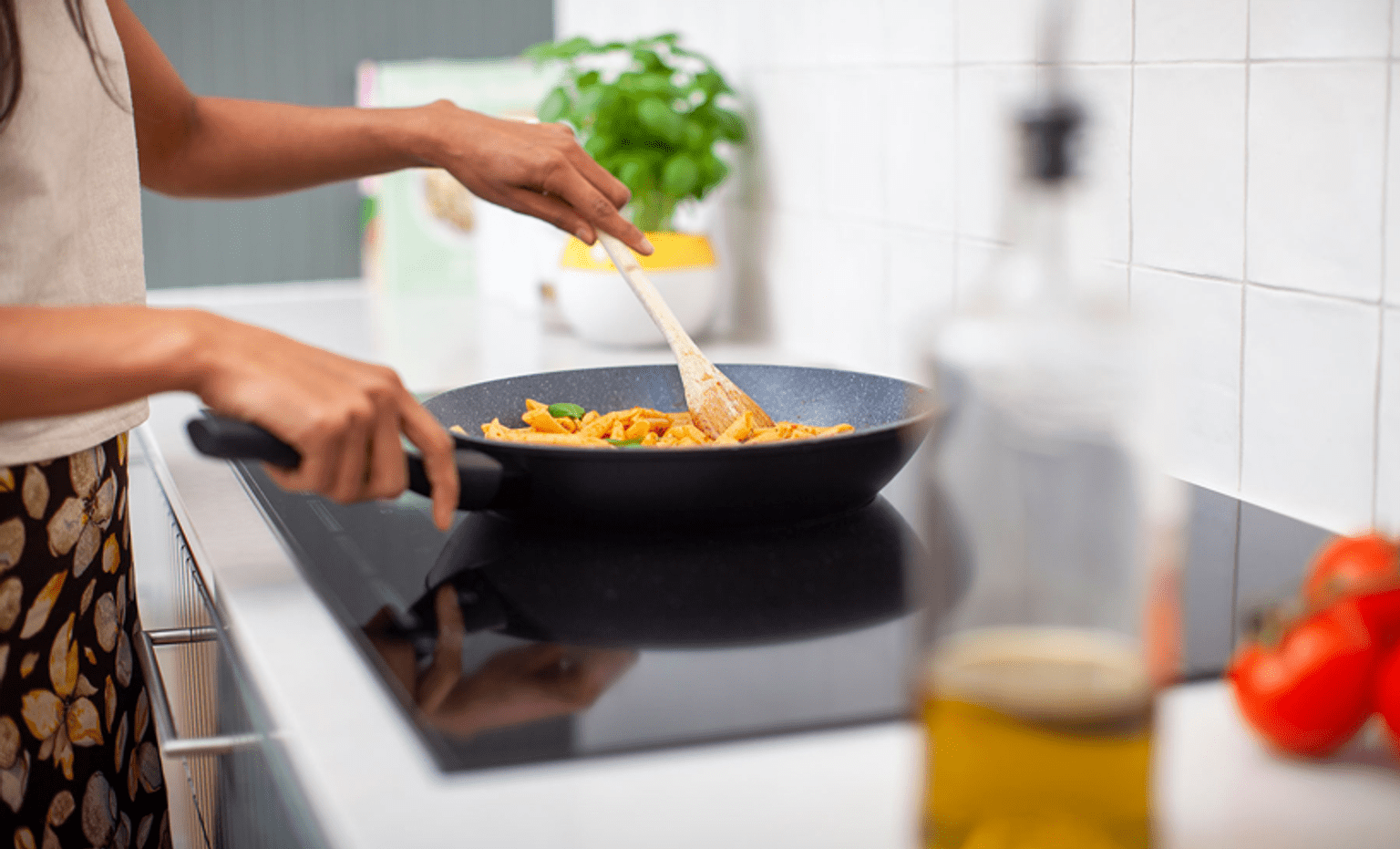Induction Ring Compatibility with Cast Iron for Barbecue Enthusiasts
Written By James Morgan
The ever-evolving world of cooking technology has brought us many innovative solutions, and among them, induction cooking stands out for its efficiency and precision. But for barbecue enthusiasts who rely heavily on their trusty cast iron cookware, a common question arises: Is there a reliable induction-ring compatibility with cast iron? This question is pivotal for those who wish to blend traditional cooking methods with modern technology.
Induction cooking uses electromagnetic fields to heat cookware, and it requires pots and pans with magnetic properties. This means that not all cookware is induction-friendly. However, the good news is that most cast iron cookware, beloved by grillers and chefs alike, is indeed compatible with induction cooktops. Let's delve deeper into how this compatibility works and why it matters for your grilling adventures.

Why Cast Iron Is a Popular Choice for Barbecue Enthusiasts
Cast iron cookware has been a staple in kitchens and outdoor grills for generations. Its durability, heat retention, and ability to impart a unique flavor to food make it a favorite among barbecue enthusiasts. The heavy, dense material holds heat exceptionally well, allowing for even cooking at high temperatures, which is essential for searing meats and achieving that perfect char.
Moreover, cast iron's natural non-stick properties improve over time with proper seasoning, making it an ideal companion for grilling. These qualities not only enhance cooking performance but also bring out the best flavors in your barbecue dishes.
The Science Behind Induction Cooking
To understand induction-ring compatibility with cast iron, it's crucial to grasp the basics of how induction cooking works. Induction cooktops use a coil of copper wire beneath a ceramic plate. When an electric current passes through this coil, it creates an oscillating magnetic field. When induction-compatible cookware is placed on the cooktop, this magnetic field generates an electric current within the cookware, producing heat and cooking the food.
The key factor here is that the cookware must be ferromagnetic, meaning it should have magnetic properties. Most cast iron cookware meets this criterion, thanks to its iron content, making it an ideal candidate for induction cooking. For more insights on this, you might want to check out this comprehensive guide on cast iron and induction.
Advantages of Using Cast Iron on Induction Cooktops
Using cast iron on induction cooktops offers several advantages, especially for barbecue enthusiasts seeking precision and control over their cooking process.
1. Efficient Heat Distribution
One of the standout features of cast iron is its ability to distribute heat evenly. This ensures that your food cooks uniformly, preventing hot spots and ensuring a perfect sear. When paired with the rapid heating capabilities of an induction cooktop, you get a powerful combination that enhances your grilling experience.
2. Energy Efficiency
Induction cooktops are known for their energy efficiency. They heat up quickly and transfer energy directly to the cookware, minimizing heat loss. This means you can achieve high cooking temperatures with less energy, saving on your electricity bills while enjoying perfectly grilled dishes.
3. Precise Temperature Control
Induction cooking allows for precise temperature adjustments, giving you greater control over your cooking process. Whether you're searing a steak or simmering a sauce, you can easily maintain the desired temperature, resulting in consistently delicious results.
Choosing the Right Cast Iron Cookware for Induction
Not all cast iron cookware is created equal, and selecting the right pieces for induction cooking can make a significant difference in your grilling endeavors. When choosing cast iron cookware for induction, consider the following factors:
1. Flat Bottom
Ensure that your cast iron pieces have a flat bottom to maximize contact with the induction cooktop. This ensures efficient energy transfer and even heating.
2. Pre-seasoned vs. Unseasoned
Pre-seasoned cast iron comes with a layer of seasoning that enhances its non-stick properties. If you prefer to season your cookware from scratch, opt for unseasoned pieces and follow proper seasoning techniques.
For more detailed comparisons and insights, you can visit this article on cast iron vs. nonstick on induction.
Additionally, for further guidance, check out this external resource on cast iron induction compatibility.
Conclusion: Elevate Your Grilling Game
Understanding the compatibility between induction cooktops and cast iron cookware opens a world of possibilities for barbecue enthusiasts. By combining the modern efficiency of induction cooking with the timeless appeal of cast iron, you can elevate your grilling game to new heights. Whether you're a seasoned griller or a novice, the right equipment and techniques can make all the difference.
As you embark on your grilling journey, remember that the key to success lies in experimentation and a willingness to embrace both tradition and innovation. So fire up your induction cooktop, grab your favorite cast iron skillet, and get ready to enjoy the delicious results of this powerful partnership.

FAQs
1. Can I use any cast iron cookware on an induction cooktop?
Most cast iron cookware is compatible with induction cooktops due to its magnetic properties. However, ensure that the cookware has a flat bottom for optimal performance.
2. Do I need to season my cast iron cookware before using it on an induction cooktop?
While pre-seasoned cast iron is ready for use, unseasoned pieces should be properly seasoned to enhance their non-stick properties and cooking performance.
3. What is the advantage of using cast iron on an induction cooktop compared to other cookware?
Cast iron offers excellent heat retention and even distribution, while induction cooktops provide rapid heating and precise temperature control, making them a powerful combination for grilling.



